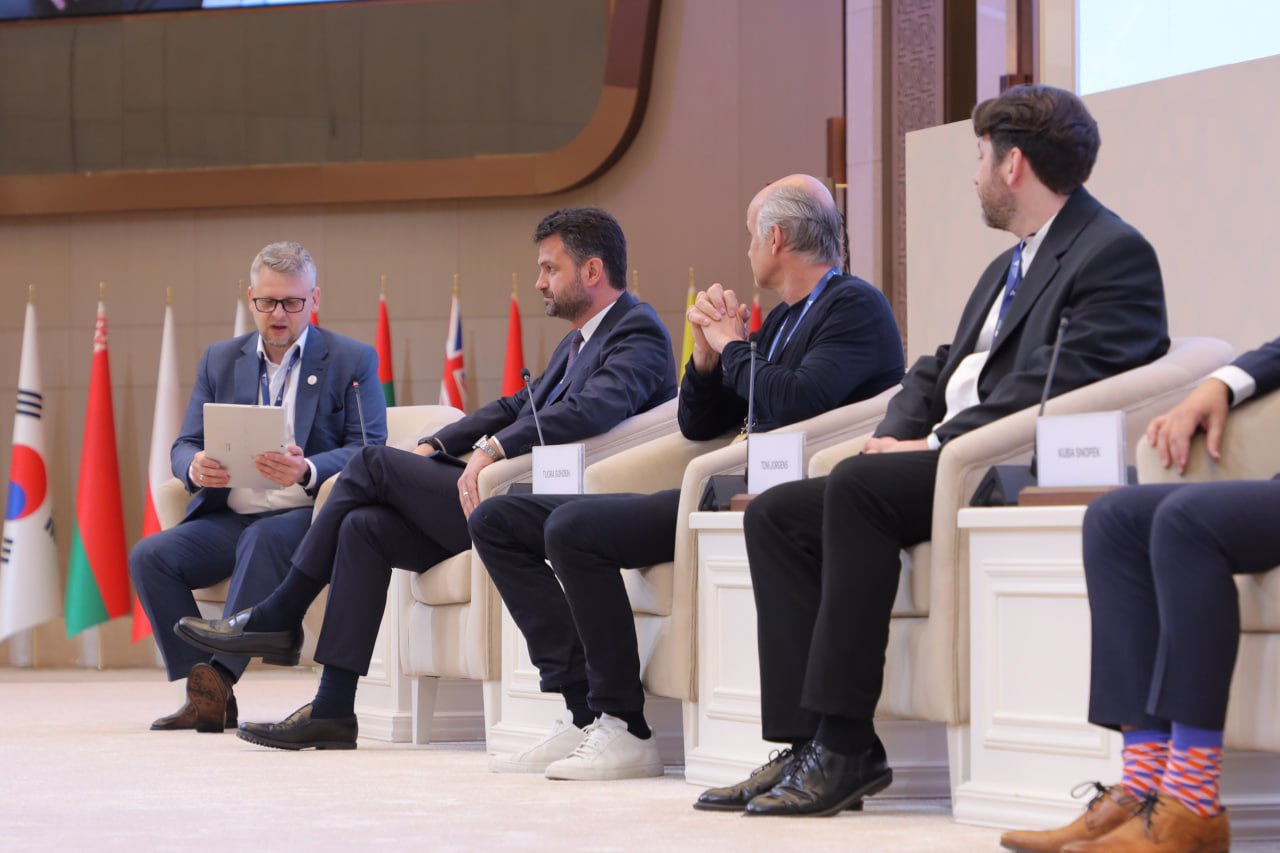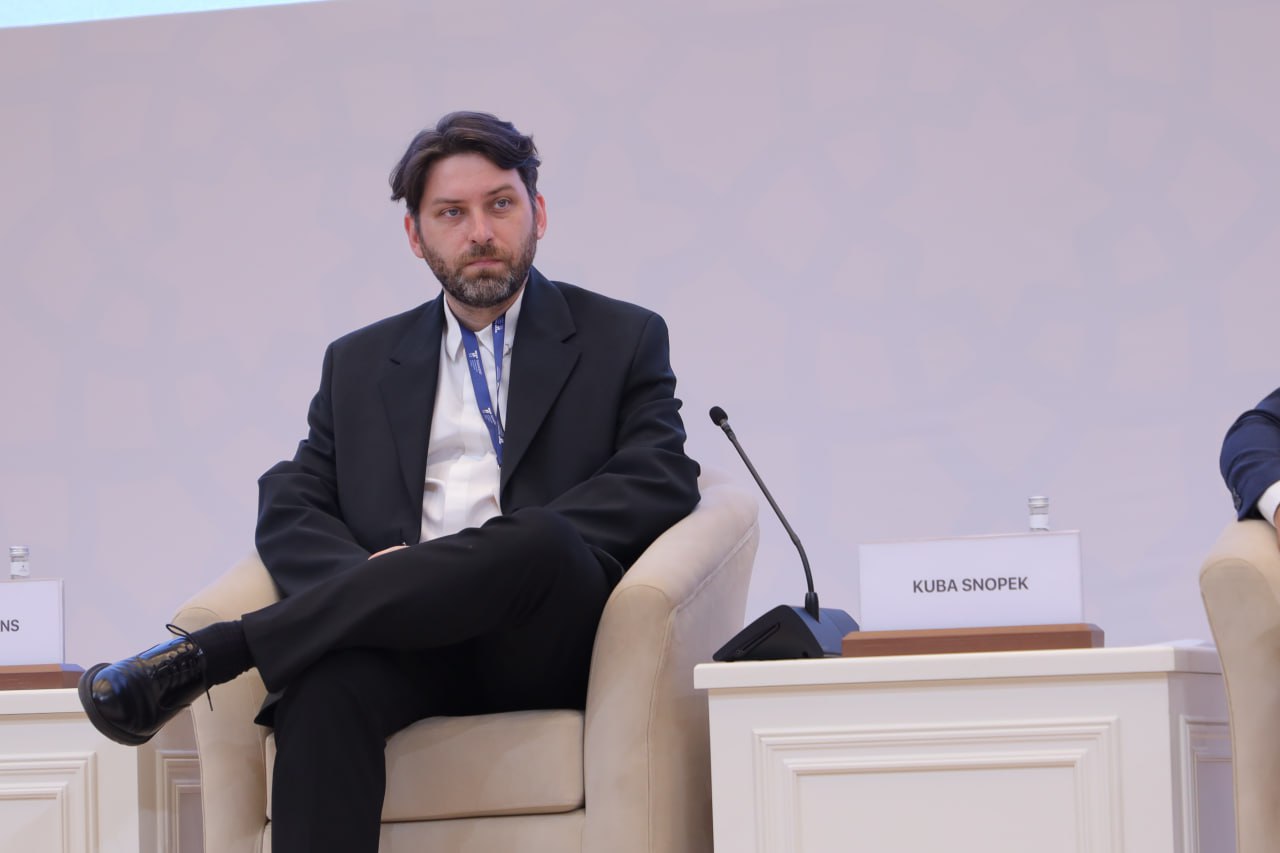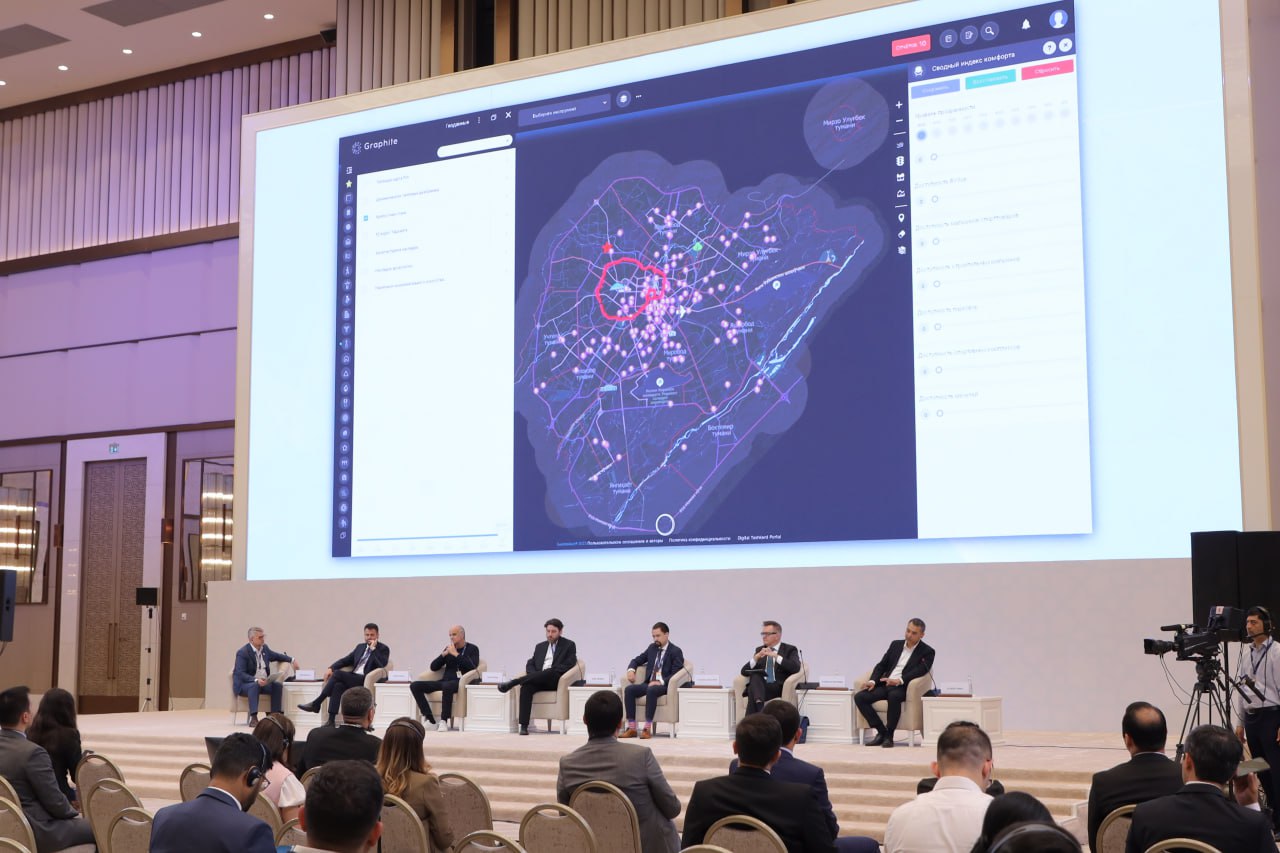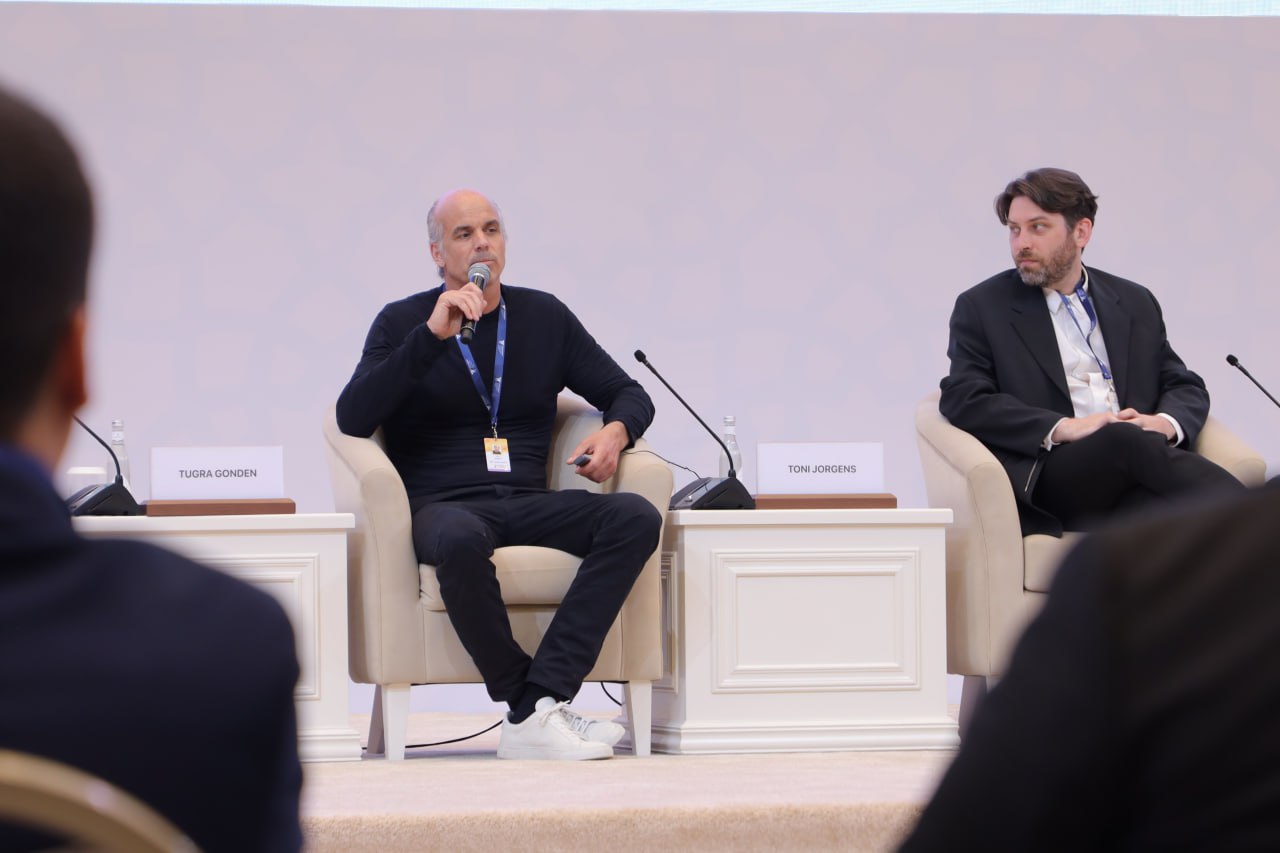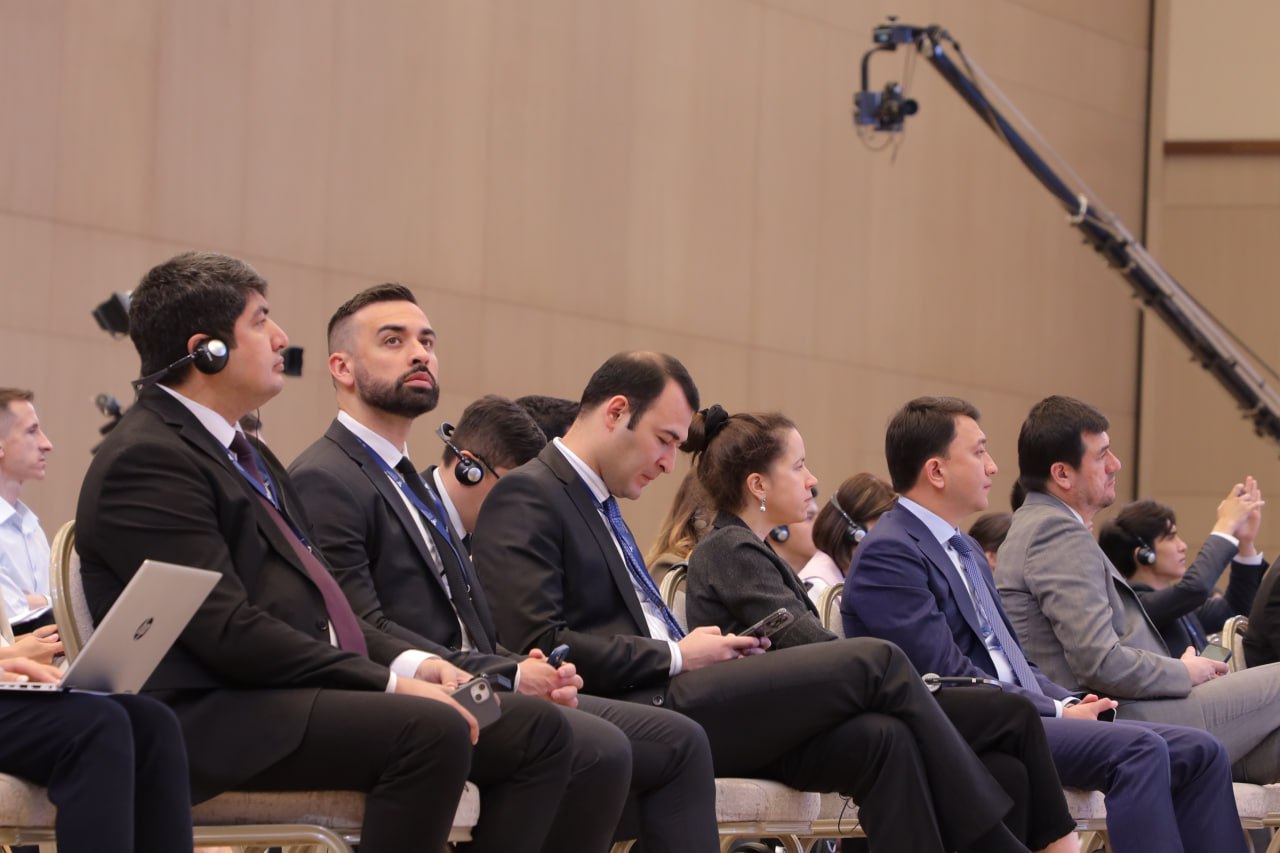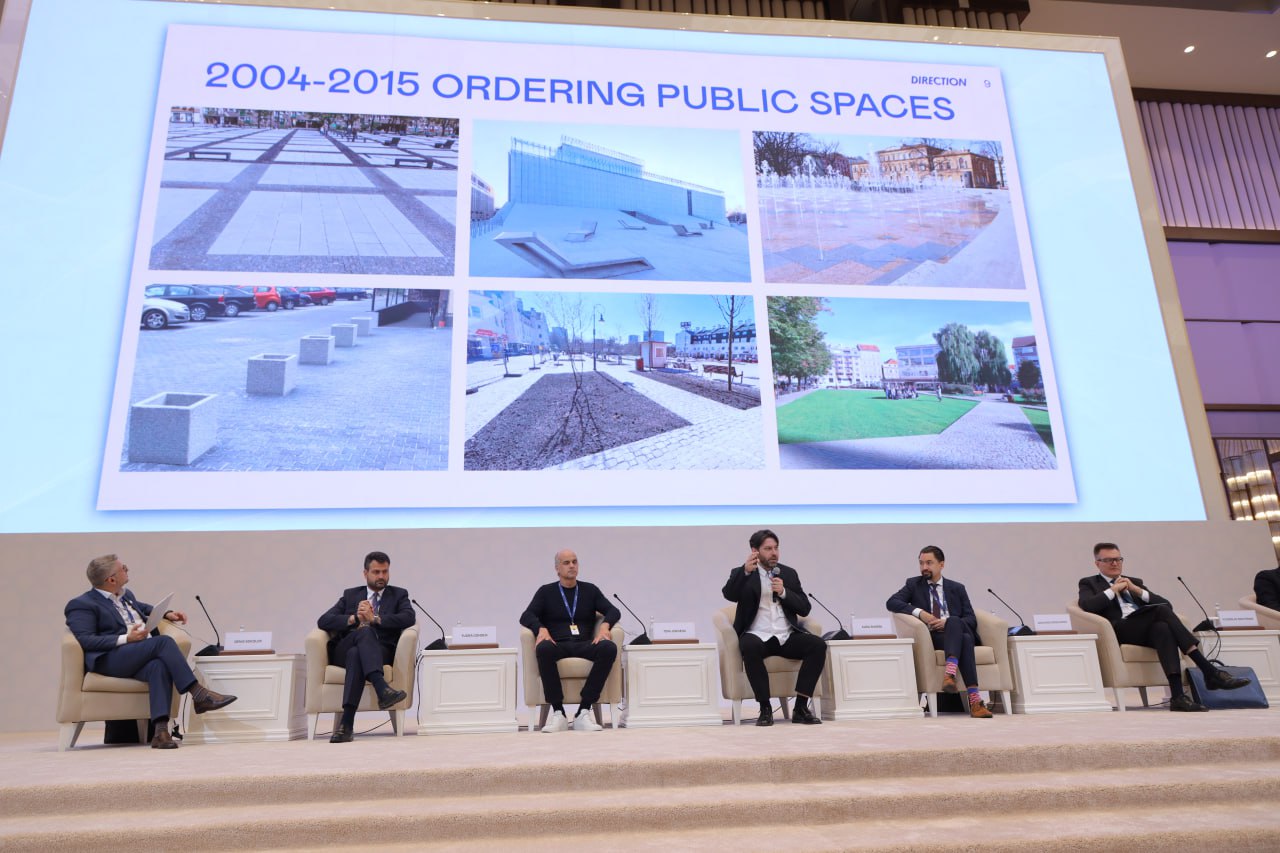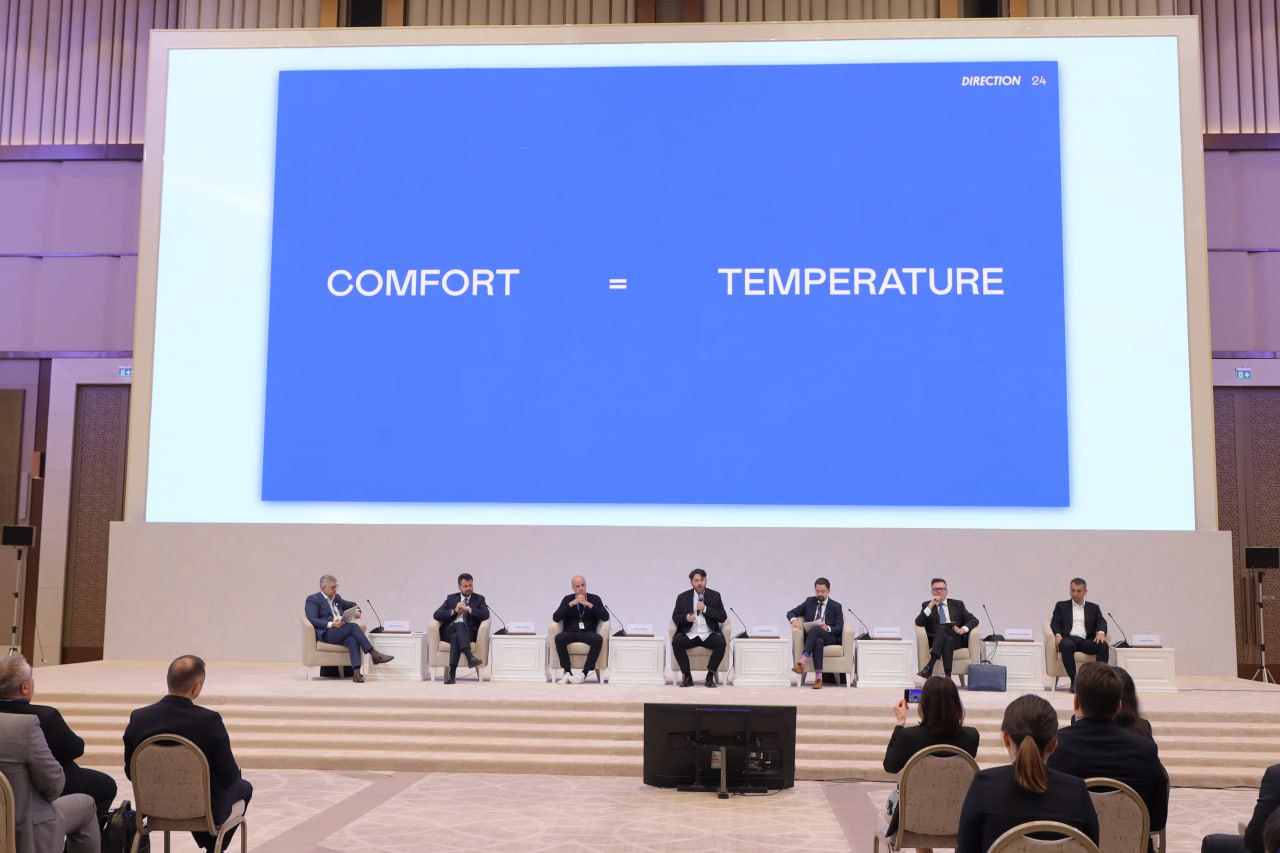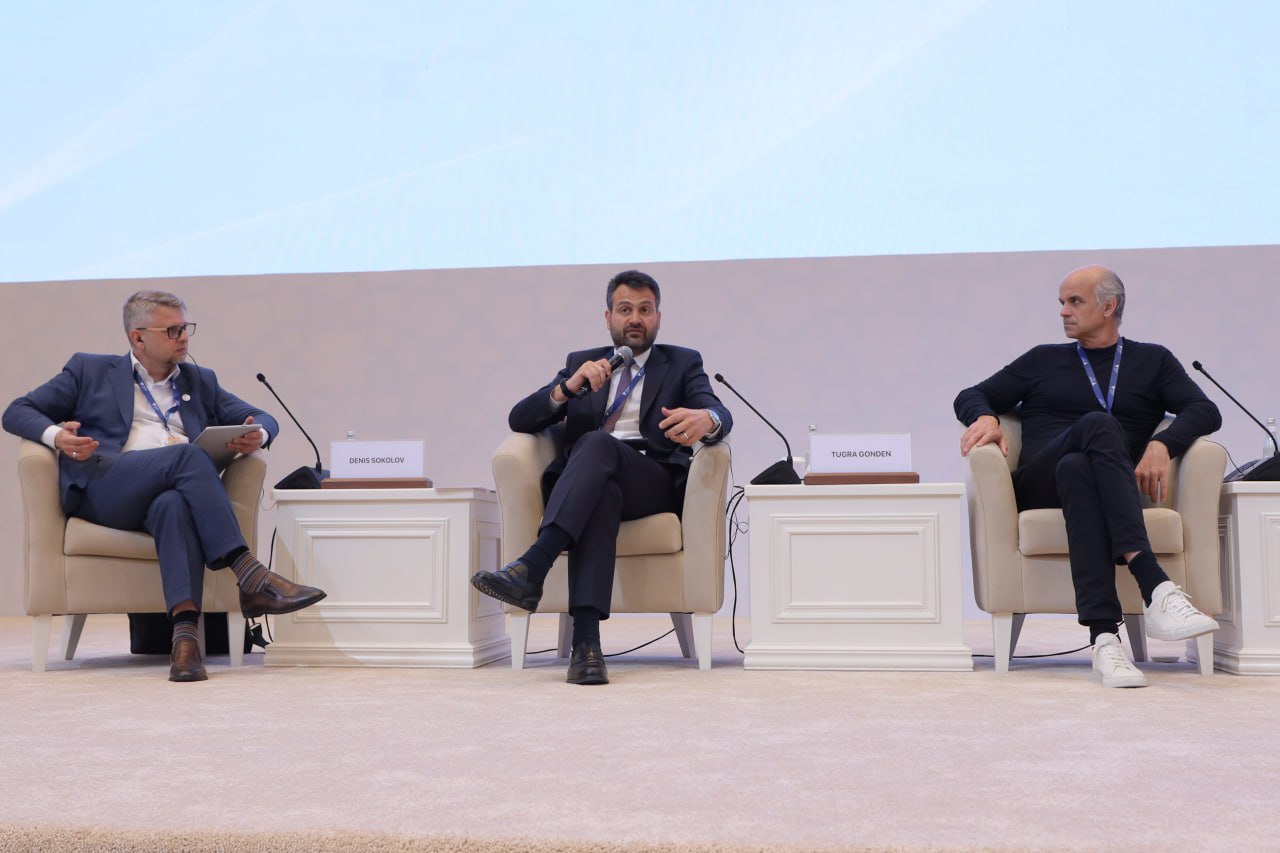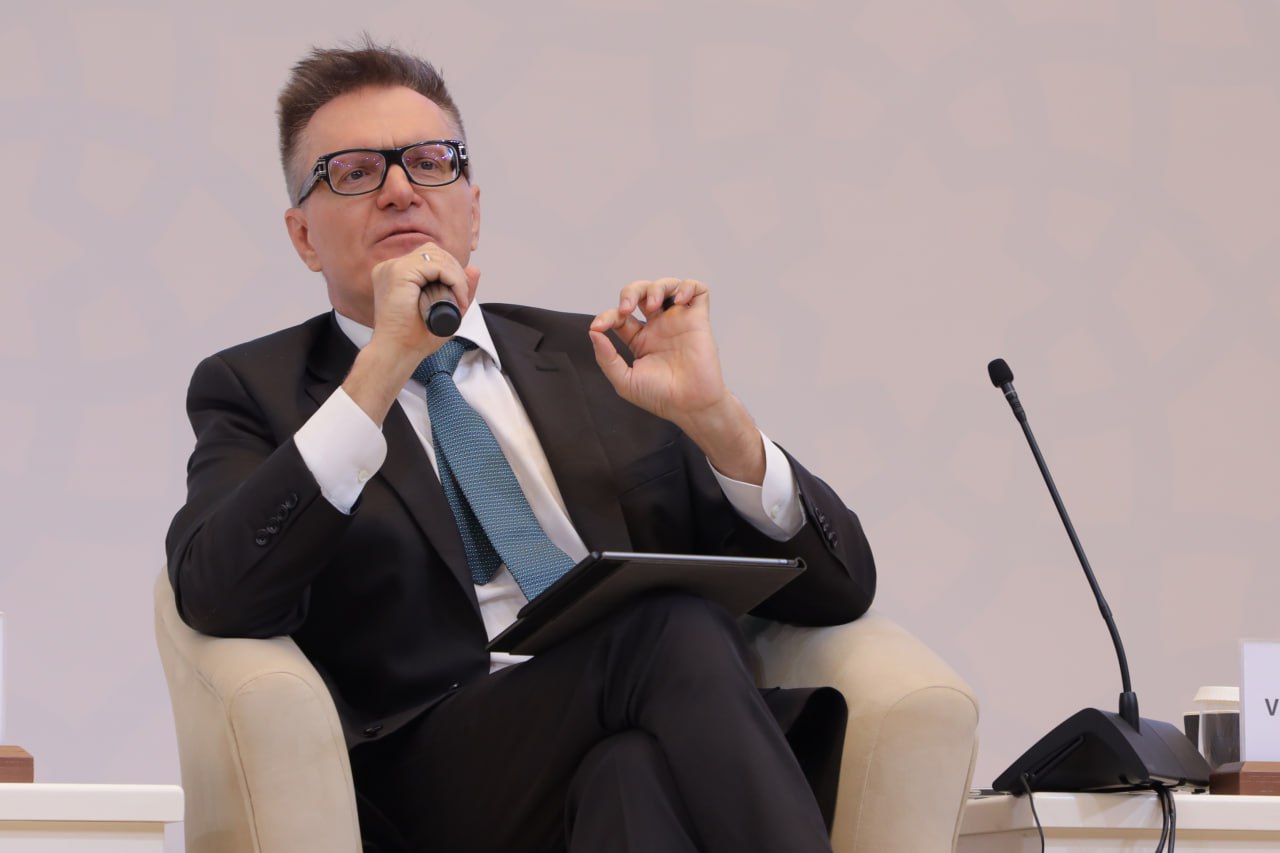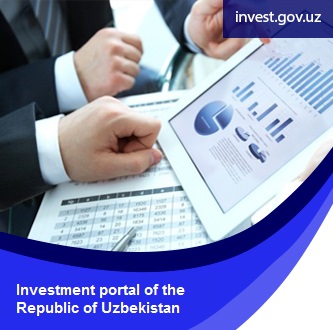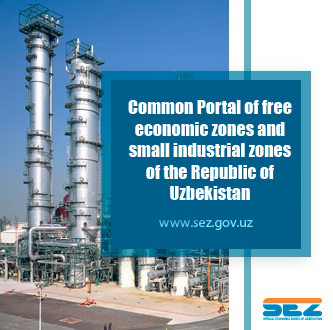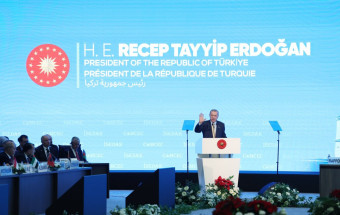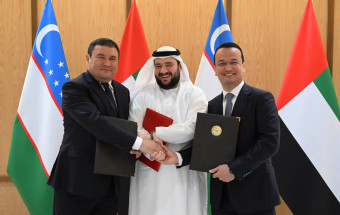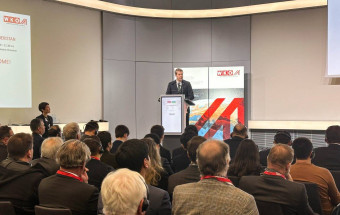Cities for people: transformation of concepts in urban planning
The second Tashkent International Investment Forum held a panel session on "Comfort in Big Cities: Investments in Urbanisation and Urban Planning".
The participants noted that the concept of a comfortable city has acquired a new meaning, the monopoly of cities has become obsolete and now cities must be built taking into account, first and foremost, the needs of people.
The moderator of the session, Denis Sokolov - General Director of Commonwealth Partnership noted that in the next two years, the number of real estate in Tashkent is expected to increase. Despite the fact that it is quite a modern and comfortable city, there are many factors that should be taken into account in further development.
Continuing the theme, Deputy Governor Sharof Rakhmanov demonstrated a special module, the Comfort Index, developed by the Tashkent city administration. He also showed how the territory of Tashkent has expanded since 1865 and how its population has increased. The speaker explained that in the construction of urban infrastructure, it is necessary to take into account the characteristics and preferences of the multinational population.
- Tashkent can be conventionally divided into two parts. This can be seen in the location of shops, bars and mosques. The western side has a more ethnic population, while the eastern side has a cosmopolitan population. In order to organize the city properly, you need to understand your population, what they want, and what they live on. The module that we have developed helps the city administration to understand where the problems are. For example, to study the number of school-age children and compare it to the number of schools in a particular area.
Another indicator is lifts. We have mapped the ages of the lifts. The age of a lift is 25 years. The map shows outdated lifts in red, lifts that are already obsolete in yellow, and new lifts in green. An average of 500 lifts can be replaced per year. And so within four years, it is possible to renew all the lifts of residential buildings in Tashkent. We are moving towards transparency, and in the near future we plan to make this platform publicly available," said Sharof Rakhmanov.
The Managing Director of ESP, Sharof Rakhmanov, stressed that Tashkent and Uzbekistan as a whole have a huge opportunity, as the country is at the very beginning of its journey, and doing well from the beginning is easier. The speaker said that Tashkent is sufficiently developed and in the future, it is necessary to develop regional centers as well. He listed the important components of infrastructure for a comfortable city. It's road infrastructure, including paths for pedestrians, motorists and cyclists. Recreational facilities for people, such as cafés and restaurants, parks and playgrounds. Parking spaces for cars, social facilities and residential areas. The speaker emphasized the important role of green spaces in modern cities and said that a comfortable city should imply quality and comfortable recreation for people.
Kuba Snopek, Founder, Managing Partner, pointed out that comfort is a relative concept and everyone understands it differently. And that the meaning of the word has changed over the last 15 years. After the Second World War, Europe believed that comfort was order. Because of that, for 10 years there were buildings built in a strictly geometric shape, using granite and concrete. But as the climate changed, concrete began to heat up. People started to express their discontent, they started scrambling for eggs on the pavement in the heat of the year. And the city administration had to reconsider its urban planning standards. New building designs were proposed. The original designs started to change, taking into account the climate. Now, attention is being paid to creating green areas in order to reduce the temperature in the city.
Tashkent is one of the hottest cities on the planet, especially in the "Chilla". Therefore, the number of green parks, irrigation ditches and reservoirs should be increased. Many new concepts have emerged that we did not think about before. It is important not to overheat the city. Now we're not talking about urbanism, but more about adaptation to climate change," Kuba Snopek said at the end of his speech.
Zacharias Ziegelhöfer, Senior Specialist for Water and Urban Investment at the Asian Infrastructure Investment Bank, called cities engines of growth. He stressed that Uzbekistan is going through a development phase where the movement is going from rural to urban. Soon 50% of the population will live in cities. Accordingly, jobs need to be created. Cities need to offer every opportunity for development.
- We are working in Surkhandarya and Kashkadarya, and our goal is to create regional hubs attractive to the population. Create comfort for residents. Including in the field of public services. There is a shortage of these kinds of services in Uzbekistan. We are working with the government to improve the water supply and we are also preparing a project to improve water supply and sanitation in the Republic of Karakalpakstan," Zacharias Ziegelhöfer said.


